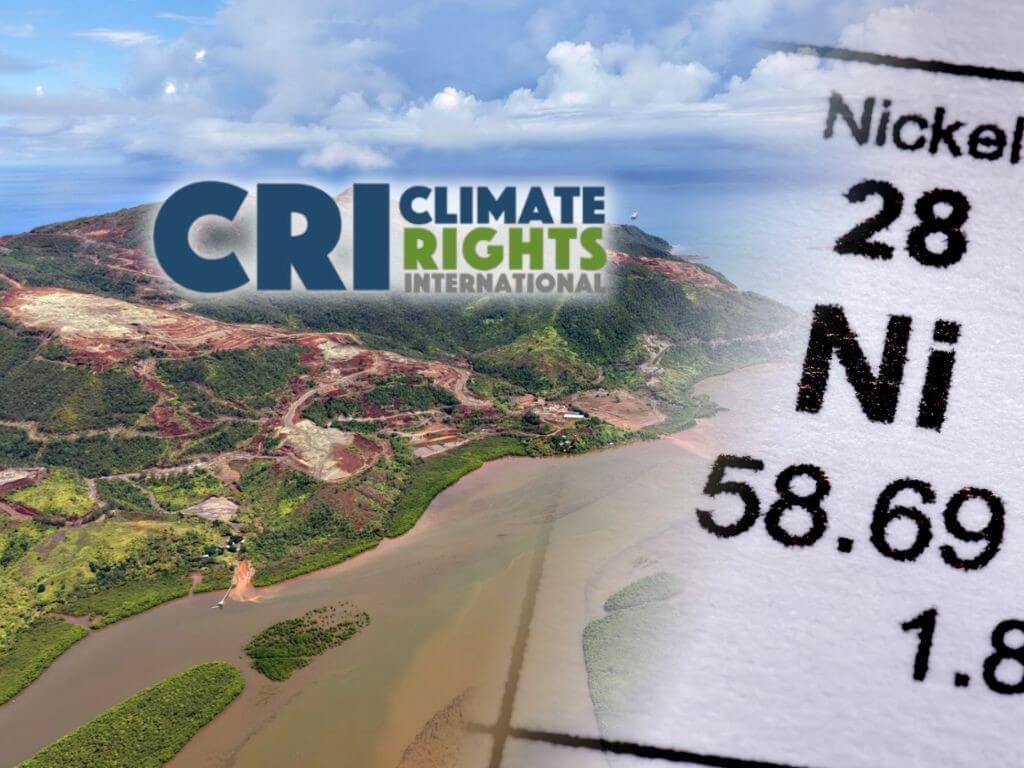

Insider Spotlight
The advocacy group said the country’s status as the world’s top exporter of raw nickel ore comes at a heavy cost to local communities, particularly in the Caraga Region, which hosts 23 of the nation’s operating nickel mines.
The impact
The report “Broken Promises: Philippines Nickel Mining Causes Rights Abuses and Increases Climate Vulnerability” documented cases of deforestation, water contamination, and loss of livelihoods among residents of Dinagat Island and Surigao del Sur.
Indiscriminate nickel mining, it said, worsens flooding and storm exposure by stripping mangroves and forest cover that provide natural climate defenses. Residents also reported health problems, food insecurity, and polluted water supplies.
“It is now hard to feed my family. We are hungry most of the time,” the group quoted Analiza, a 46-year-old mother of four from Tubajon, Dinagat Island, as saying.
The call for accountability
CRI said nickel companies must “remedy water and air pollution caused by their operations and properly dispose of mine waste.” It added that government agencies such as the Department of Environment and Natural Resources and the Mines and Geosciences Bureau should “fully enforce and strengthen laws and regulations to minimize the impacts of nickel mining.”
“People living in mining communities are facing significant harms from powerful companies who act with almost total impunity,” said CRI researcher Krista Shennum. “As one of the countries most impacted by the climate crisis, the Philippines government should be focused on holding companies accountable.”
Pressure on global buyers
CRI also called on electric vehicle and battery companies that source nickel from the Philippines to use their market leverage to demand cleaner, more transparent operations.
“Electric vehicle and battery companies have unique leverage to demand that the mining industry cleans up its act,” Shennum said. “If EV companies want to position themselves as global leaders in the fight against climate change, they must demand that mining companies in their supply chains respect the rights of communities and end environmentally destructive practices.” —Daxim L. Lucas | Ed: Corrie S. Narisma